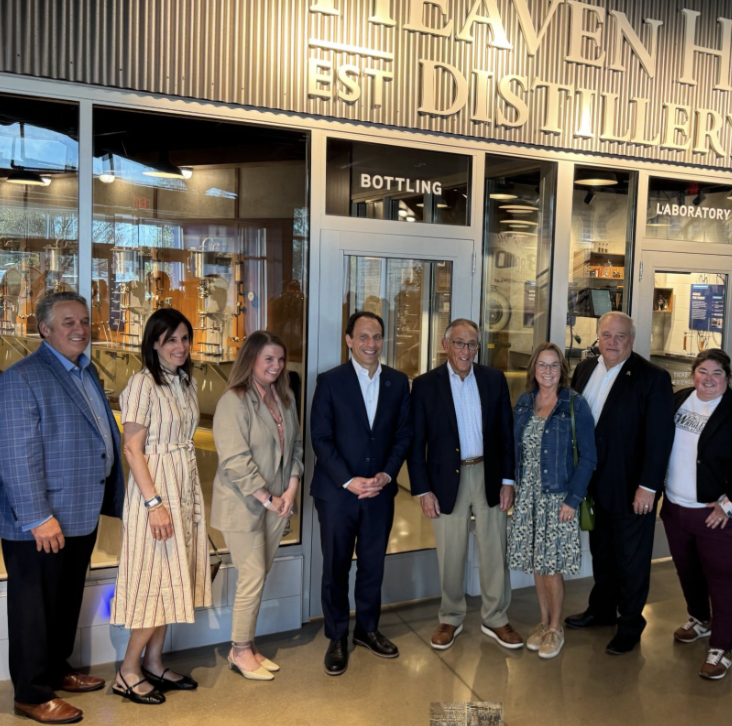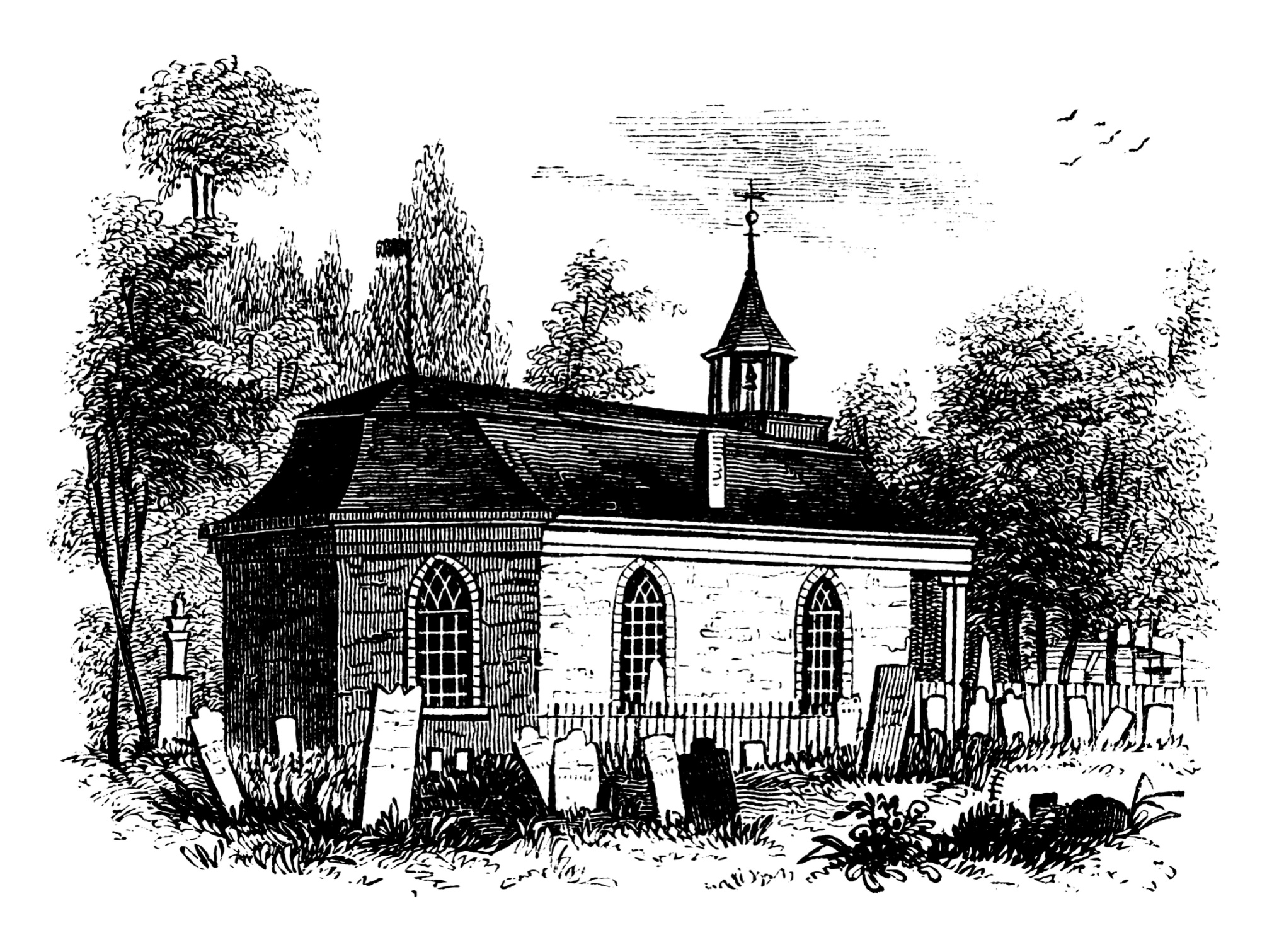Bourbon, Food, and Film: Kentucky’s Recipe for Cultural and Economic Growth

Kentucky’s iconic bourbon heritage provided the backdrop for a broader story of unity, culture, and economic growth as leaders gathered at Heaven Hill in Bardstown to celebrate a special Elijah Craig barrel selection. The event, held September 16, brought together voices from both urban Louisville and rural Corbin, highlighting how food, hospitality, and storytelling can bridge the state’s diverse communities.
The collaborative selection paired Steve Poe, co-owner of Hotel Distil in Louisville, with Kristin M. Smith, owner of The Wrigley in Corbin. Together, they chose a single barrel that will be bottled under a custom label, symbolizing the connection between Kentucky’s largest city and one of its small but vibrant communities. Senate President Robert Stivers of Manchester, Louisville Mayor Craig Greenberg, Corbin Mayor Suzie Razmus, and hospitality leaders from across the commonwealth joined in the celebration, emphasizing Kentucky’s shared identity that transcends geography.
The event comes at a time when Kentucky’s tourism industry is thriving. According to state reports, visitors generated $14.3 billion in economic impact in 2024, supported more than 97,000 jobs, and brought in 80 million travelers—marking the third consecutive year of record-breaking growth. Much of that success is tied to food and drink. Travelers spent $2.6 billion at restaurants, farms, and distilleries last year, underscoring how farm-to-table dining, hospitality, and bourbon continue to fuel both economic development and cultural storytelling.
Mayor Razmus reflected on what the event meant for Corbin, noting that small towns are integral to Kentucky’s story. “This event is a wonderful opportunity to showcase two very distinct cities and the restaurants that anchor them, highlighting not what separates us but what connects us,” she said. “Communities like Corbin are not apart from Louisville, but tied to it. Together we reflect the best of Kentucky’s culture and history, and together we share a story bigger than any one city.”
Louisville Mayor Craig Greenberg echoed that message from the perspective of Kentucky’s urban hub. “As Kentuckians, we often say bourbon is in our blood, and nowhere is that more true than in Louisville,” he said. “But the story does not stop here. Louisville’s success is tied to the hard work, hospitality, and traditions of rural communities like Corbin and Bardstown. Together we are stronger, and together we are building a Kentucky that honors its history while creating an even brighter future.”
The culinary side of the story was equally central. Smith’s restaurant, The Wrigley, has earned recognition in national publications such as Time Magazine, Food & Wine, and Forbes for its commitment to local sourcing and bourbon culture. “At The Wrigley, every dish tells the story of southeastern Kentucky farms and the people behind them,” she said. “Farm-to-table dining in Corbin draws on the same traditions that make bourbon country legendary—it’s about food and about connection.”
In Louisville, Hotel Distil stands as a modern landmark on historic Whiskey Row. The property features luxury accommodations and the Repeal Oak Fired Steakhouse, which weaves bourbon heritage into both its menu and its atmosphere. “Louisville is known as the gateway to bourbon country, and at Hotel Distil we’re proud to sit at the very heart of Whiskey Row on the Urban Bourbon Trail,” said general manager Casey Grinold. “Partnering Repeal with Elijah Craig, PORCH Kitchen, and The Wrigley extends that legacy beyond Louisville, showcasing how urban and rural Kentucky comes together to create something truly special.”
Industry voices reinforced the importance of collaboration. Steve Poe noted that by pairing two of Louisville’s urban icons with a rural favorite like The Wrigley, Kentucky showcases its diversity and depth. David Green, general manager of the Louisville Downtown Marriott and president of the Louisville Hotel Association, called the effort “deeply meaningful,” adding that such partnerships give smaller communities access to opportunities that might otherwise be out of reach. “It demonstrates how partnerships across regions not only strengthen our hospitality industry, but also elevate Kentucky’s profile as a unified, world-class tourism destination,” he said.
The day’s celebration also underscored Kentucky’s growing reputation as a home for authentic storytelling. Initiatives such as the You Belong Here film series, co-created by Kentucky chefs and filmmakers, have reached audiences at venues like the Tribeca Film Festival. That momentum ties directly into legislative priorities such as Senate Bill 1, which created the Kentucky Film Office to market the state as a premier filming destination and support productions through the Kentucky Entertainment Incentive Program.
Senate President Stivers framed the event as part of a larger vision. “For those of us who call Kentucky home, the blessings of this state are no surprise. But for those visiting, even a small glimpse of our commonwealth is an exceptional experience,” he said. “The opportunities before us are great, with growth rooted in our signature industries, our diverse landscapes, and our welcoming spirit. Kentucky has no shortage of stories to tell, and we are ready to share them with the world.”
Ultimately, the event was about more than selecting a barrel. It was about writing a story that blends Kentucky’s rural traditions with its urban energy—one that travelers can experience in a glass of bourbon, a farm-to-table meal, or a film shot against the state’s scenic backdrop. As Stivers put it, “What begins in a barrel here in Bardstown will soon be poured for visitors in one of our most urban centers and in one of our most rural communities. That’s the spirit of Kentucky’s farm-to-table story. From field to kitchen, from still to glass, our work connects people across the commonwealth and gives them a taste of who we are.”
RECENT










BE THE FIRST TO KNOW
More Content By
Think American News Staff











